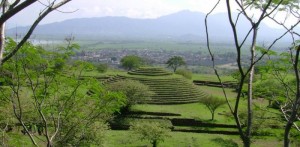The purpose of this session is to explore shared ideas, interests, and emerging work involving “Makerspaces”. At THATCamp 2013 in Tuscaloosa, a group met to simply talk about the concept– “Makerspace”. Participants mentioned various resources such as websites and authors that had helped them forge ideas and activities to begin designing “makerspaces” (e.g., Fablab, Innovation Hall, etc.) at their respective university campuses. Some participants were becoming involved with off-campus partners such as local public libraries and youth centers. It would be useful this year to revisit our notions about “Makerspaces”, and to learn about what various partners are doing (planning to do) in this line of work. Additionally, we could discuss possibilities for cross-pollination among Makerspace sites to extend usefulness of materials and people across these spaces.
Meta
Search
-
Recent Posts
More Posts
Tags
THATCamp on Twitter




